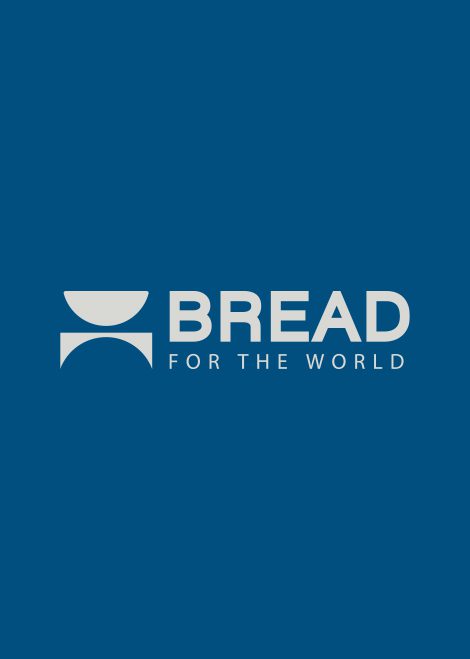A regular, non-comprehensive roundup of current news links on hunger and poverty issues from around the Web.
Addis Ababa development finance summit: all you need to know, by Mark Anderson and Clár Ní Chonghaile, The Guardian. “At the UN’s Third Financing for Development conference, in Addis Ababa, Ethiopia, between 13-16 July, world leaders will look for ways to pay for the ambitious and costly sustainable development goals (SDGs), which include ending poverty and achieving food security in every corner of the globe by 2030.”
CEP enhances existing school lunch and breakfast programs, by James Weill, The Hill. “Congress did the right thing when it enacted the Community Eligibility Provision (CEP) in 2010 to help alleviate hunger among our nation’s most vulnerable children.”
“Let’s Not Be Afraid To Say It – We Need Change, We Want Change”: To Poor and Powerful Alike, Pope’s Watershed Call for “Justice,” by Rocco Palmo, Whispers in the Loggia. “Before a summit of social movements representing workers, the poor and marginalized, the Pope delivered one of the longest and strongest speeches of his 28 months as Bishop of Rome – a loaded call for social justice….”
Year-End Budget Fight Is Taking Shape, by Kristina Peterson, The Wall Street Journal. “The budget fight shaping up in Congress looks increasingly likely to simmer until a face-off at the end of the year forces a fiscal reckoning—or a fiscal wreck.”
Mali Refugees’ Food Aid Cut: Doctors Warn Refugees At Heightened Risk Of Malnutrition by Michael Kaplan, The International Business Times. “Monthly food rations will be cut for almost 50,000 refugees from the West African nation of Mali because of financial shortfalls, humanitarian groups said this week.”

